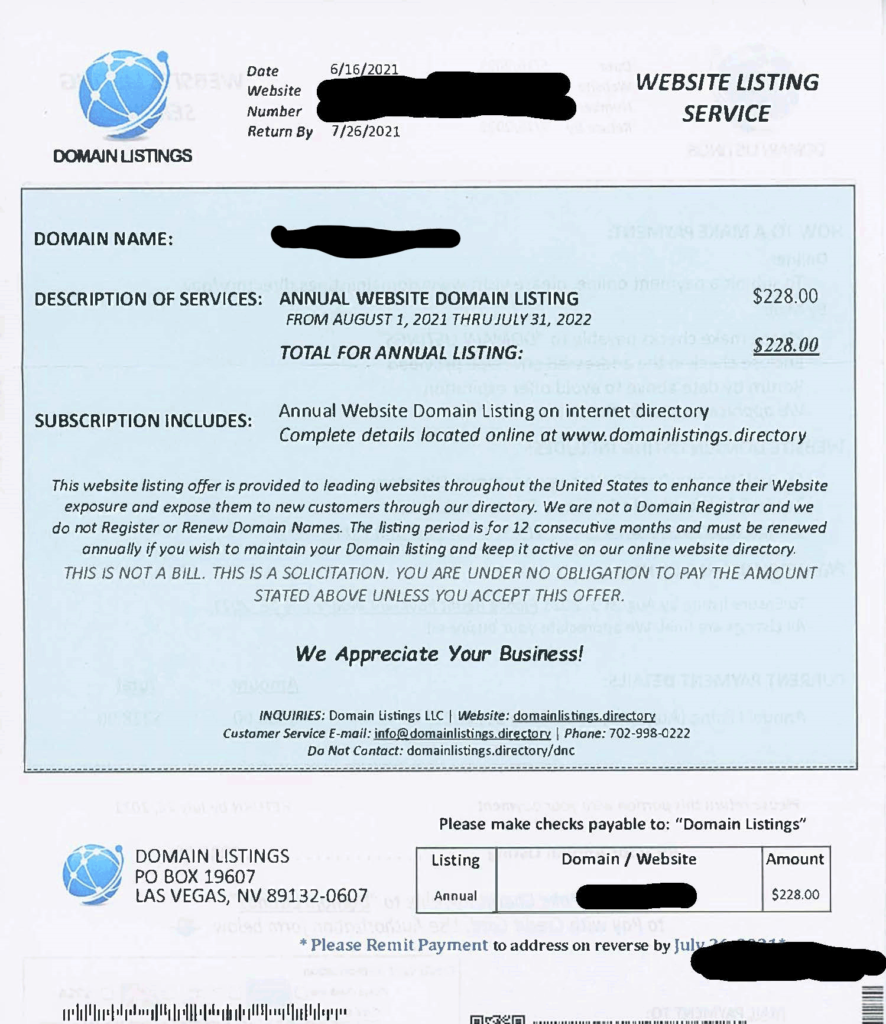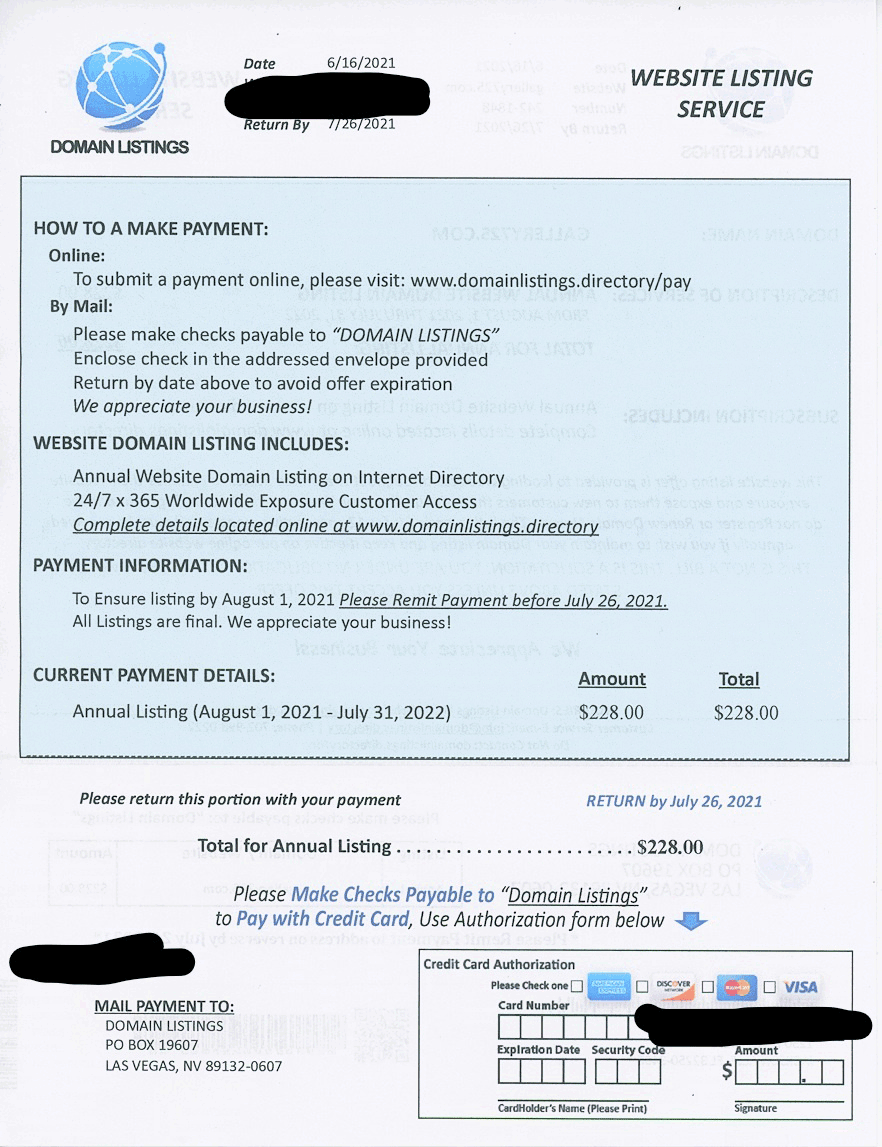Domain Registration Trolls & Spam: What You Should Know 2021
Today, domain registration trolls have a plethora of businesses to choose from as e-commerce and visibility become a necessity in order to compete and be successful. Business’ advertising and marketing budgets have soared in order to accomplish these tasks.
In turn, domain names have become increasingly expensive, which means an opportunity for profit. Some “organizations” don’t seem to play by the rules and their unethical behavior knows no bounds.
What is a domain registration troll?
“Domain Registration Trolls” or “Domain Name Trolls” is a term used to refer to people or businesses that buy and register domain names. They don’t always intend to use these domain names for legitimate purposes. This has also come to be known as “Domain Squatting” or “Cybersquatting”. In a nutshell, these are people or organizations who buy website addresses in hopes to make a profit on them.
Some examples of Domain Squatting/Cybersquatting
Although it comes in different forms, some of the most common examples are as follows. A domain registration troll buys a domain using another business’ name which hasn’t been registered yet. This usually leads to a ransom of the name or an auction to the highest bidder. It can also be an existing domain name that is about to expire or a close variant of a specific domain name. What if I announced my new company tomorrow? If I hadn’t already purchased the domain name, someone could “steal” the name and register it. This leaves me no option other than to pay their asking price or change my business’ name.
How does it Work?
In order to reap the benefits of this moral gray area, hundreds of companies participate in “domain name warehousing”. This includes many well-known registrars. A registrar is a business that buys and sets up the domain and then assigns it an IP address.
It is, however, become easier and easier to find private companies and individuals that are in engaging in this activity. They will purchase thousands of domain names and hold them in order to sell them to someone who wants to use them for their legitimate business. In some cases, the companies have become so aggressive that they will even pressure you into a payment by threatening a petition to cancel your existing registration.
Domain Registration Trolls Targeting Through Mail
Although this is a business based predominantly on the internet, some people are now even being sent physical letters in the mail. AS if harassment via email and telephone weren’t enough, now you must worry about these trolls sending you letters in the mail.
 Domain Registration Spam
Domain Registration Spam
Most common, regarding spam for a domain, is generally called the “Important notice”. Spammers will rely on this because domain registrars are required to send out messages to domain owners. They usually do this to update the contact details of the owner.
Usually, this looks like a warning. They are “warning” you that your domain name will expire soon. It is easy to mistake this as an expiration notice, which it is not.
Read carefully and you’ll discover that it is a renewal notification for a service/company that you’ve never heard of before.
The letters are almost indistinguishable from a legitimate one. We’ve done a blog on one specific company before called Higbee & Associates. You can read about them here and gain more insight.
There is a way out!
The Trademark Trial and Appeal Board ruled in favor of Philanthropist inc. when they were approached by a domain name troll. The board found that the mere act of domain name warehousing was insufficient.

In other words, it does not meet the entitlement set forth by Section 14 of the Trademark Act. This seems to take away any leverage that a warehousing company may have over you or the mark owners.
How Can You Protect Your Business?
Although it is an unethical profession, trolling is not usually illegal. However, you may be justifiably worried if someone is out there using your business’ name to possibly trick customers or tarnish your reputation.
The best way to protect your business is to make sure that you register any domain names you want to use now or soon.
Another level of security would be to register any variants of your domain name. Such as .net or .co You will also want to consider registering any phrases, slogans etc. and set them up to direct traffic to your main website.
Be sure to manage your domain names carefully and make sure you register or renew them, with enough time left on the clock, before they expire.
Does Someone Already Own Your Domain Name?
If you run into the issue of someone already owning your desired domain name, then you have a few options. You can look up who owns the domain name and contact them to see if they are willing to sell. If you have trouble reaching an agreement, there are companies that offer mediation services to settle these types of disputes.
This is a great first option. However, this may not work if the owner isn’t willing to budge or is acting maliciously. If someone is trying to infringe on your trademark i.e. using your name in bad faith then you may be able to prosecute. An example would be a company trying to sell similar products to yours, in order to fool the consumer.
Need Some Help Regarding Domain Registration Trolls?
Reach out to Faceless Marketing for some consultation and education. You never know what you may learn next. Give us a call at 1-800-357-1299.







